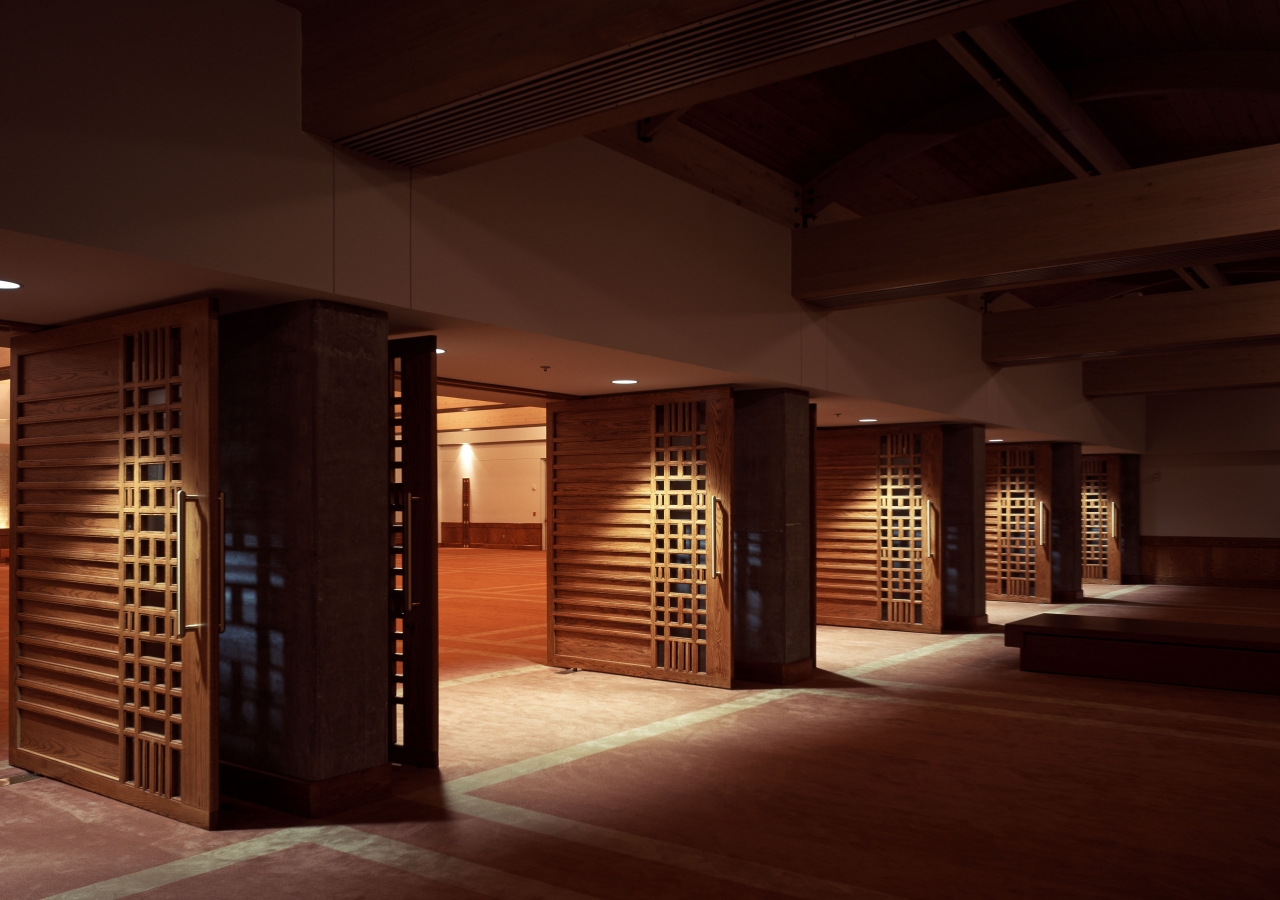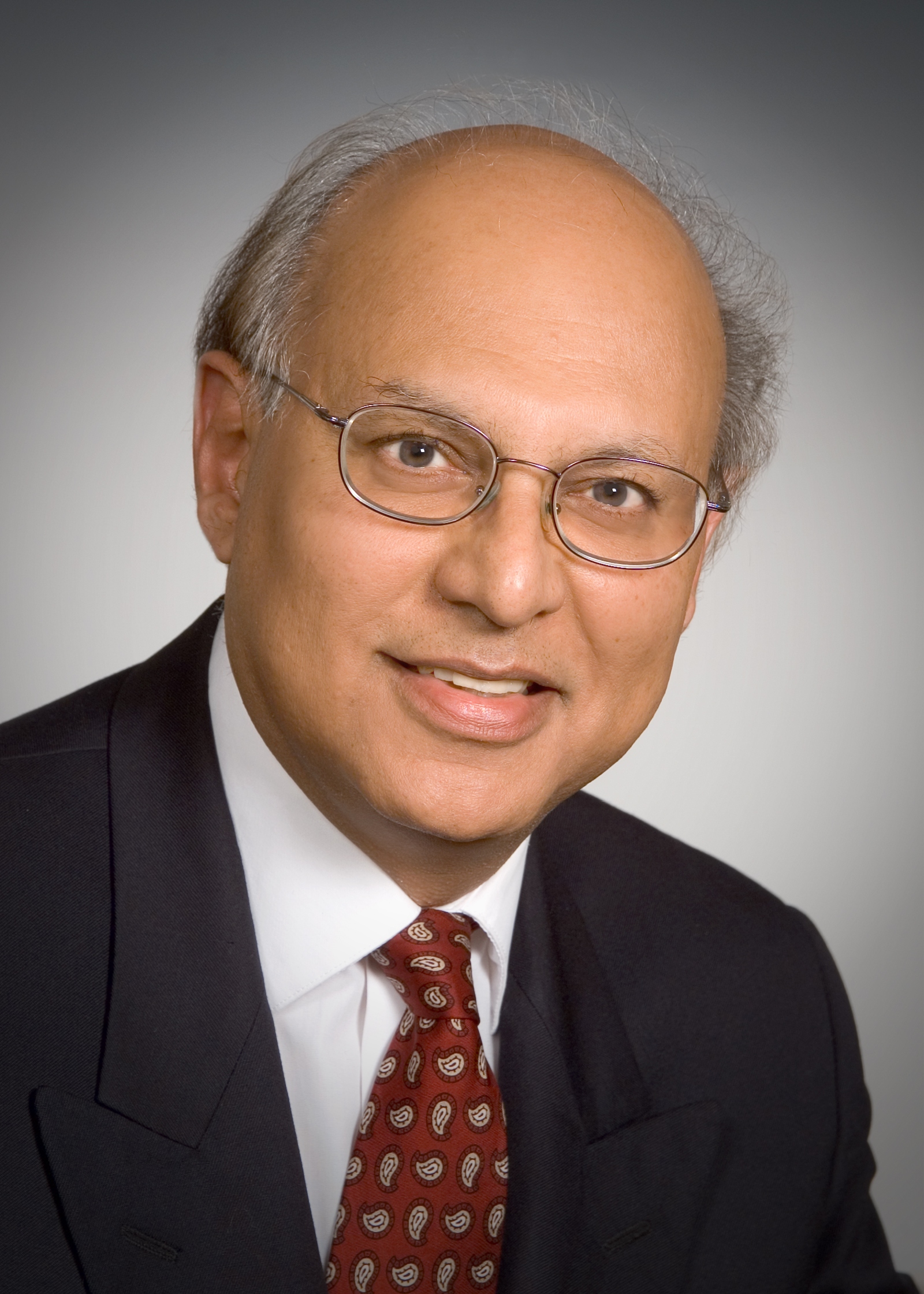"Without cultural identity, social cohesion gradually dissolves and human groups lose their necessary point of reference to relate with each other, and with other groups." -Mawlana Hazar Imam, Prince Claus Fund's Conference on culture and development, Amsterdam, September 7, 2002.
Community is one of those words that we take for granted and is overused by politicians and developers in promoting projects. Yet, it is a concept that has been at the core of societies from time immemorial. A community consists of individuals with shared beliefs or interests, be it at work, socially, or spiritually. In the Jamat's case, it is a global community that represents a range of cultural traditions, ethnicities and languages, united by a core faith tradition. A key feature for a community to be relevant, to sustain itself and respond to the needs of its members, is a communal space for it to congregate and to pursue activities that are meaningful. The Jamatkhanas are our primary communal spaces, encouraging socialization, programs that cater to our needs, strengthening of emotional bonds, and reinforcing the value of belonging.
In The Age of Paradox, author Charles Handy described the need for a sense of connection: "We are not meant to stand alone. We need to belong — to something or someone. Only where there is mutual commitment will you find people prepared to deny themselves for the good of others." This is an apt description of the Jamat and its selfless commitment in the service of others, ensuring our faith traditions and values are maintained.
The alternative is bleak, as many have discovered in the West. Handy suggests that loneliness may be the real disease of our time, "as we live alone, work alone, play alone, insulated by our modem, our Walkman, and our television." Mawlana Hazar Imam referred to this phenomenon during his Brown University address, when he observed: "We see more people everywhere these days, standing or sitting or walking alone, absorbed in their hand-held screens. But, I wonder whether, in some larger sense, they are really more “in touch?” Greater “connectivity” does not necessarily mean greater “connection.”" Community involvement, whether at work, sports, civic activities, volunteering, or through places of worship, is an antidote to social isolation.
Living in a society that encourages self-awareness, self-expression and self-promotion, one's identity can be inward-focused; yet, for Muslims, the community is paramount and the primary determinant of one's identity. Living in the West does not mean making a choice between the two, but a thoughtful accommodation that allows both aspects of one's identity to thrive.
An example of extending the concept of community to one of a global vision is that of Mawlana Hazar Imam, "whose entire life demonstrates steadfast unchanging commitment to the ideals of belonging and inclusion." So said former Governor General of Canada, Adrienne Clarkson, in her remarks when presenting the Imam with the Global Citizenship award in Toronto last September.
A community is relevant and significant only if it grows organically, and is nurtured and sustained through a continuous collective effort by committed individuals. And with increasing diversity, community-building becomes more complex. Fortunately, as the stories and comments in this series will indicate, even as the Jamat 's cultural diversity increases, and others participate in other communities of interest, Ismailis continue to find their faith and its values integral to their primary identity; their sense of community is palpable and sustainable.









